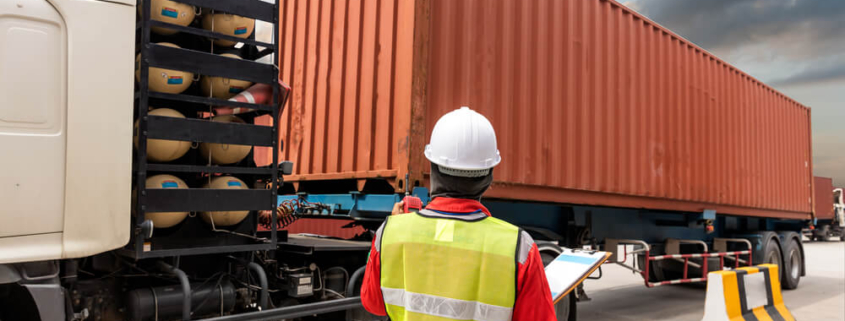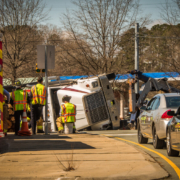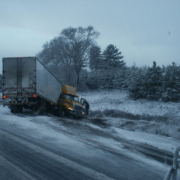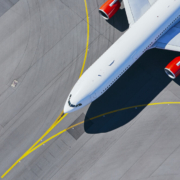How Cargo Loading Errors Can Cause Trucking Accidents
When you see a commercial truck on the road, you likely don’t worry about it overturning or fishtailing off the road. You assume it’s properly loaded, and that the driver knows what they’re doing. Unfortunately, cargo loading errors cause a significant number of accidents every single year. The way a truck is loaded has a large. influence on safety and crash risk.
When you’re hurt in a truck accident, it is crucial to protect your own best interests. That’s where we step in and advocate for you. Learn more now by calling Bailey, Javins & Carter at 800-497-0234.
Common Types of Cargo Loading Errors
Trucks must be loaded in a very specific way to avoid causing accidents. But when loaders force an improperly sized load onto a truck or load it in an unbalanced manner, they put everyone on the road at risk. These are some of the most commonly seen errors:
- Overloading: Overloading may be one of the most common issues leading to truck accidents in the United States. Perhaps the trucking company did not send a truck approved for the load size or the manufacturer incorrectly reported the weight and size of the load. Either way, once a driver leaves with an overloaded truck, their risk of causing an accident is significantly higher.
- Improper securing of cargo: Cargo must be properly tied down and secured for a safe trip. Loaders use a variety of straps, chains, and other restraints to keep cargo secure for the entire trip. When they use inadequate restraints or do not use them properly, there’s a risk of the cargo sliding around and causing issues for the driver.
- Unbalanced weight distribution: If the weight of the load is shoved primarily to the front, back, left, or right of the truck, it is incredibly difficult for the truck driver to keep the truck straight and on track.
- Incorrect loading sequence: Cargo has to be loaded in the right order to avoid causing damage or risking an accident. For example, if lighter cargo is loaded first, the heavier cargo on top could crush the smaller items or cause a rollover crash.
- Unbalanced load: Not only must the weight of the cargo be balanced, so too must the items’ structure. If there is too much empty space on any side of the truck, cargo can slide to fill that area when the driver brakes or turns. This sudden shift in weight can lead to a collision.
- Lack of inspection: All of these issues are fixable and preventable with a proper inspection. But when drivers and cargo loaders rush through or skip inspections, there’s a good chance that these errors will go unnoticed.
Why Cargo Loading Errors Lead to Accidents
In most cases, cargo loading errors leave a truck unbalanced or overloaded. When a truck is unbalanced, the driver is constantly struggling to keep the truck straight. This is challenging enough, but when the driver faces unexpected traffic or obstacles, it becomes even harder. It’s at this point that the driver may lose control. Unbalanced cargo can also weigh down the truck on one side, increasing the likelihood of a rollover.
When a truck is overloaded, it puts a lot of strain on the truck itself. The driver may struggle to keep the truck moving at the proper speed, and the truck’s components may strain under the weight. It can also be much harder to come to a complete stop in time when you have an overloaded truck.
All of these issues greatly add to truck drivers’ stress levels and anxiety. Drivers who are worried about an improperly loaded truck are not in the best state of mind to handle traffic, sudden obstacles, and other issues.
Who’s Liable for an Accident Caused by Cargo Loading Mistakes?
The answer to this question depends largely on the specifics of your accident. In most cases, it comes down to who caused the improper loading and who could have stopped it but didn’t. Liable parties often include the trucking company, the cargo loaders, and the shipping company.
Explore Your Legal Options with the Team at Bailey, Javins & Carter
The team at Bailey, Javins & Carter is to help you with your truck accident claim. Take the first step now by calling us at 800-497-0234 or filling out our convenient online form.












